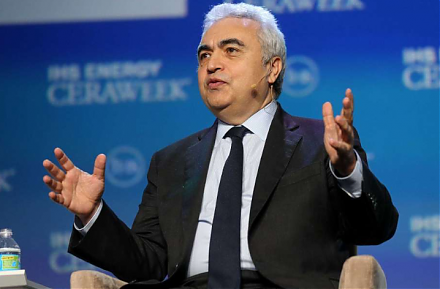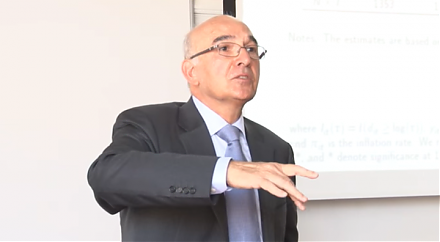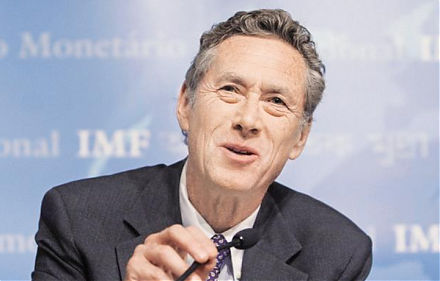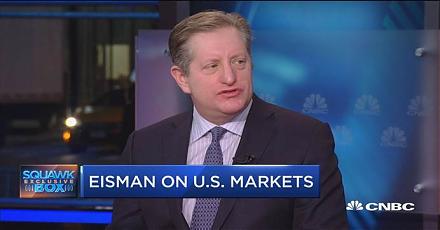

2019-08-20 07:33:00 Tue ET
federal reserve monetary policy treasury dollar employment inflation interest rate exchange rate macrofinance recession systemic risk economic growth central bank fomc greenback forward guidance euro capital global financial cycle credit cycle yield curve
The recent British pound depreciation is a big Brexit barometer. Britain appoints former London mayor and Foreign Secretary Boris Johnson as the prime minister. The Conservative Party selects Johnson as the successor to Theresa May to set the stage for fresh Brexit negotiations with the European Commission. This change hits the pound with volatile exchange rate gyrations. The British pound sinks to the new lowest level of US$1.24 in 2017-2019. Johnson advocates that he would be keen to force Brexit with or without a post-May deal on October 31, 2019, which is the latest deadline for Britain to depart the European Union. Alternatively, Britons might consider a second referendum on Brexit with the backstop agreement for free flows of goods between Northern Ireland and the Irish Republic.
Most stock market analysts predict that leaving the European Union with no proper deal would plunge the U.K. into a deep economic recession due to Eurozone trade constraints and capital outflows. U.K. stock markets would fall 5% in light of a 2% decrease in economic output, and the pound would likely plummet 10%-13%. This prediction accords with what the U.K. Office for Budget Responsibility suggests in its recent report on the British economic outlook.
If any of our AYA Analytica financial health memos (FHM), blog posts, ebooks, newsletters, and notifications etc, or any other form of online content curation, involves potential copyright concerns, please feel free to contact us at service@ayafintech.network so that we can remove relevant content in response to any such request within a reasonable time frame.
2019-03-25 17:30:00 Monday ET

America seeks to advance the global energy dominance agenda by toppling Saudi Arabia as the top oil exporter by 2024. The International Energy Agency (IEA)
2019-10-27 17:37:00 Sunday ET

International climate change can cause an adverse impact on long-term real GDP economic growth. USC climate change economist Hashem Pesaran and his co-autho
2019-04-03 11:35:00 Wednesday ET

A Florida fintech group Fidelity Information Services initiates the largest $43 billion acquisition of the e-commerce payments processor Worldpay. Fidelity
2019-08-03 09:28:00 Saturday ET

U.S. inflation has become sustainably less than the 2% policy target in recent years. As Harvard macro economist Robert Barro indicates, U.S. inflation has
2017-04-01 06:40:00 Saturday ET

With the current interest rate hike, large banks and insurance companies are likely to benefit from higher equity risk premiums and interest rate spreads.
2026-10-31 12:38:00 Saturday ET

Today tech titans and billionaires continue to reshape global pharmaceutical investments for both better healthspan and longer lifespan. We discuss, desc